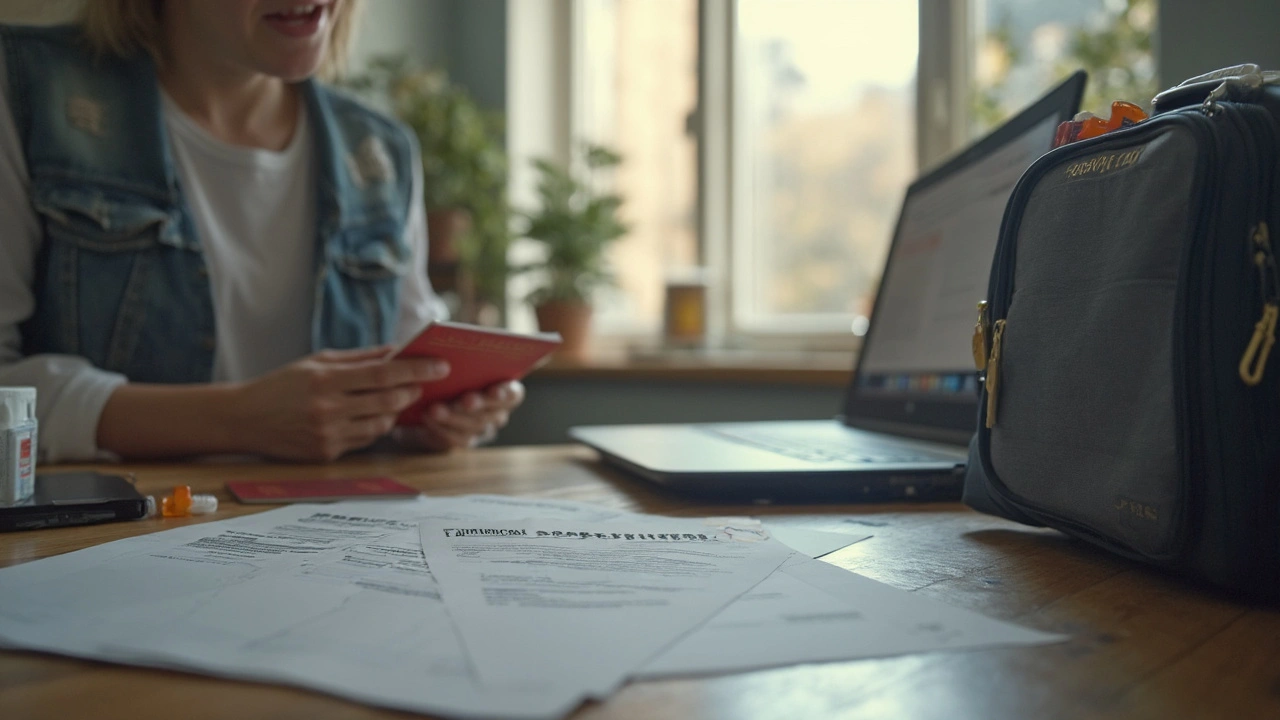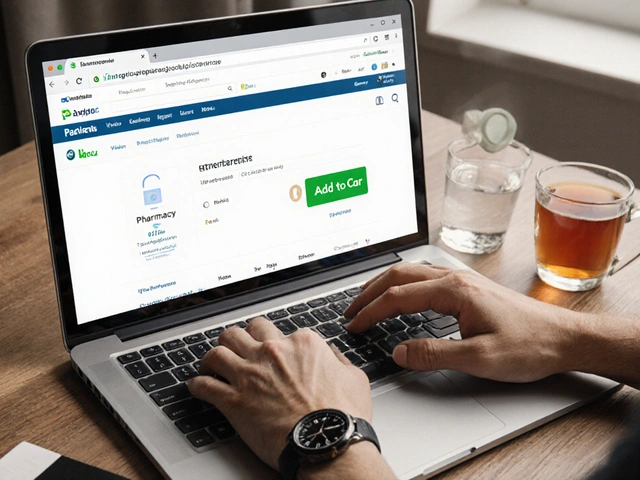Customs regulations for medicines: what you must know before you travel or order
Customs can stop your medication at the border or in the mail. That’s stressful, especially when it’s something you need every day. This page gives straight, practical advice so you can avoid delays, fines, or losing your meds.
Common rules and paperwork
Most countries allow small amounts of prescription medicine for personal use, but the definition of “small” differs. A safe rule: bring only what you need for the trip plus a few days extra. Always carry the original packaging and a copy of the prescription. If you use insulin, controlled drugs, or psychiatric meds, get a doctor’s letter that explains the condition, the drug name, dose, and treatment duration.
Some countries require an import permit or a special form for controlled substances. Check the customs website of the destination country before you go. For international mail, the shipper must complete customs forms and declare the contents and value. Incorrect or vague descriptions like "meds" often trigger inspections or seizures.
Over-the-counter drugs can be treated differently. For example, pseudoephedrine-containing cold meds are restricted in several places. Antibiotics and some heart medicines may be fine in one country and illegal in another. When in doubt, look up the drug by its active ingredient and read the target country's guidance.
Practical tips for travelers and online orders
If you travel: keep meds in carry-on luggage to avoid loss and to answer customs questions right away. Have digital copies of prescriptions and the doctor’s note on your phone. If a customs officer asks, be calm and show your papers. If they detain the medication, ask for a receipt and contact details for follow-up.
If you order online: buy from reputable pharmacies that provide proper labeling and will include invoices and prescriptions with shipments. Choose couriers that handle customs clearance—postal services sometimes take longer and can result in hidden fees. Remember that even if a pharmacy will ship to your country, local customs may still block the package.
Facing a seizure? Start by getting the official seizure notice. Contact the seller and your doctor for documents that prove medical need. You can appeal with customs; success varies, but clear medical records help. Sometimes paying a duty or obtaining a retrospective import permit is possible.
Final practical checks: confirm quantity limits, carry prescriptions and a doctor’s note, use original packaging, declare the meds honestly, and prefer courier services that clear customs. If you still feel unsure, call the embassy or national customs hotline before you travel or place an order. A short call can save time, money, and a lot of stress.
24
Navigating Customs Laws: Key Rules on Importing Medication into the USA
Get all the facts you need about customs regulations for importing medication into the USA. This article goes deep into the rules about prohibited substances, prescription drug limits, and how U.S. Customs enforces these laws. Packed with tips, surprising facts, and practical advice, it's the real guide anyone needs before ordering meds from abroad. Stay within the law, keep your meds safe, and know your options.
Latest Posts
Popular Posts
-
 Stinging Insect Allergy: What Venom Immunotherapy Really Does for You
Stinging Insect Allergy: What Venom Immunotherapy Really Does for You
-
 OTC Heartburn Medications: Antacids, H2 Blockers & PPIs Explained
OTC Heartburn Medications: Antacids, H2 Blockers & PPIs Explained
-
 Meniere’s Diet: How Sodium Restriction and Fluid Balance Reduce Vertigo and Hearing Loss
Meniere’s Diet: How Sodium Restriction and Fluid Balance Reduce Vertigo and Hearing Loss
-
 Enteral Feeding Tube Medication Safety: Compatibility and Flushing Protocols Explained
Enteral Feeding Tube Medication Safety: Compatibility and Flushing Protocols Explained
-
 Magnesium Supplements and Osteoporosis Medications: What You Need to Know About Timing
Magnesium Supplements and Osteoporosis Medications: What You Need to Know About Timing


